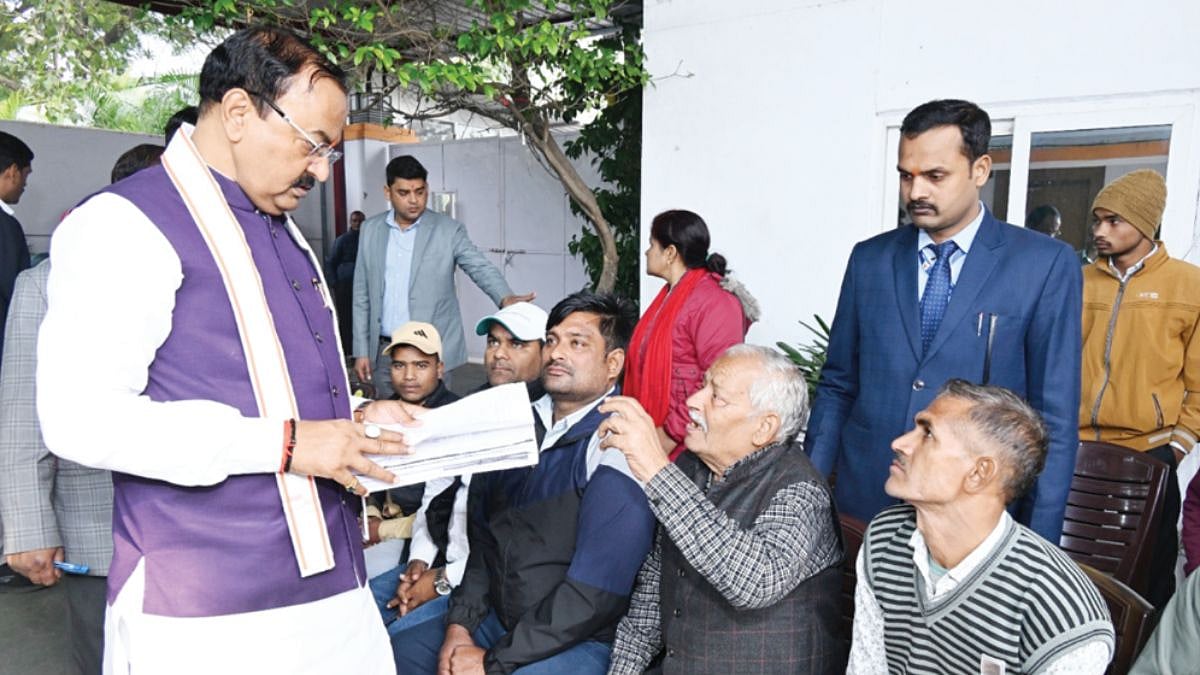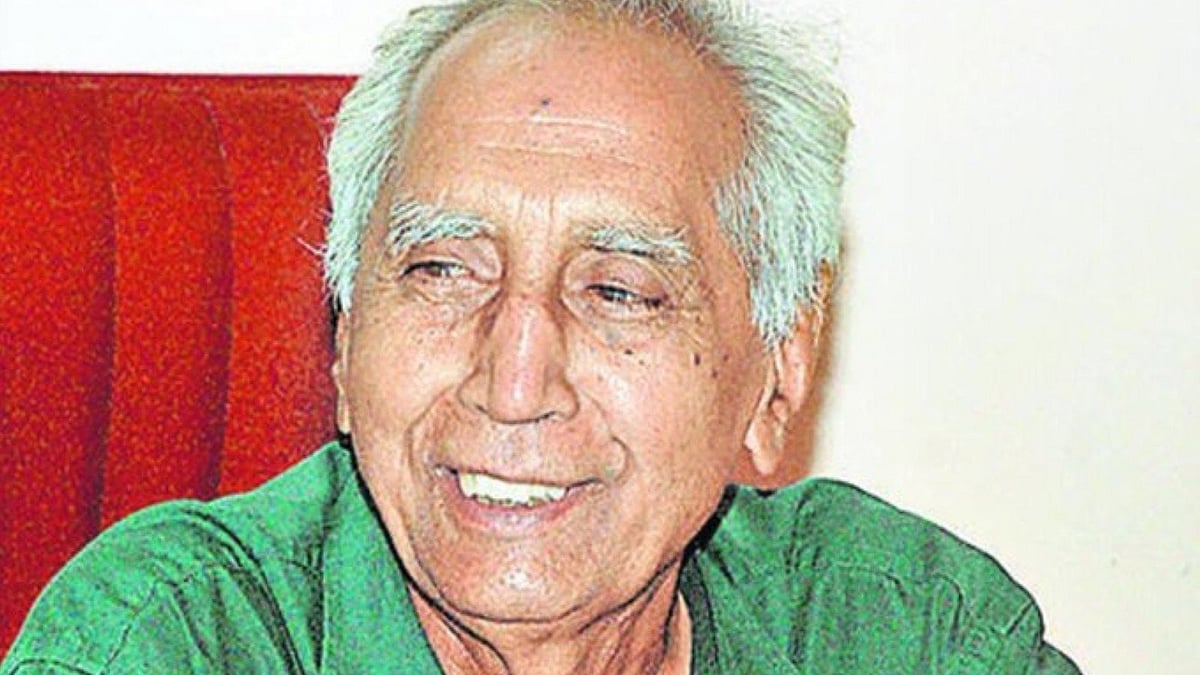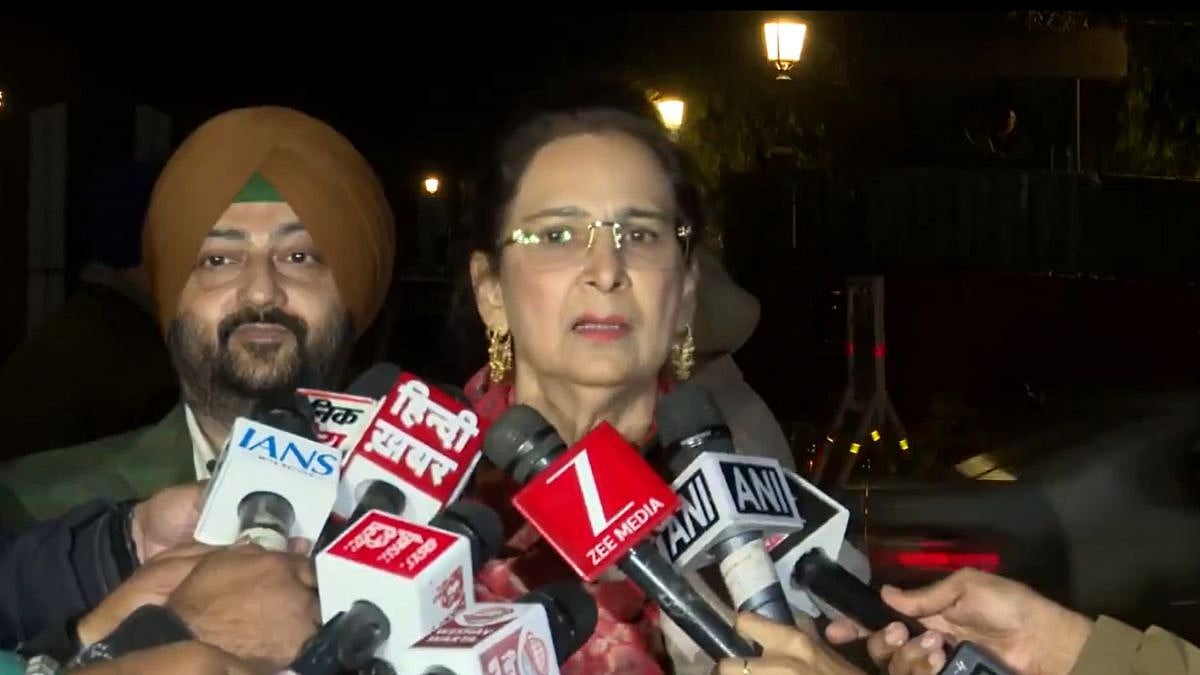Mumbai: A novel COVID-19 variant, XFG, has surfaced with 163 documented cases in India, predominantly located in Maharashtra (89 cases), followed by Tamil Nadu (16), Kerala (15), and Gujarat (11), with fewer cases reported in Andhra Pradesh, Madhya Pradesh, and West Bengal.
This recombinant sub-lineage associated with two Omicron sub-variants was initially detected in May from 159 samples, with prior detections reported in April and June. In India, active COVID cases have surpassed 6,000, following a recent increase of 769 additional cases.
XFG is not presently designated as a Variant of Concern (VOC) or Variant of Interest (VOI) by WHO or Indian authorities because it has not caused significant outbreaks or vaccine resistance. The variant is linked to mild respiratory symptoms akin to other Omicron variants, particularly in vaccinated people.
Indian researchers are observing XFG because of notable mutations in its spike protein, His445Arg, Asn487Asp, Gln493Glu, and Thr572Ile, which could influence its capacity to infect cells and escape immune responses. Certain mutations might diminish attachment to human cells, whereas others could help in avoiding the immune response.

Vaccines such as Covaxin and Covishield are anticipated to provide ongoing protection against severe disease from XFG, although mild breakthrough infections could occur as antibody levels wane. Genomic monitoring is essential for identifying variants like XFG, which is a part of the Omicron lineage that has been widespread since late 2021.
Heightened awareness is crucial since silent transmission presents dangers, especially for those with compromised immunity or expired vaccinations. Actions involve tracking health information, following mask guidelines, and keeping current with immunizations.

COVID-19 Current Status In India | mohfw.gov.in
COVID-19 Current Status In India
India's current Covid-19 active cases stood at 6,815, with 324 fresh cases and three fatalities reported, which included a 44-year-old man with preexisting health conditions. The rise in cases is associated with new variants such as LF.7 and NB.1.8.1. Experts suggest focused protection for at-risk populations rather than broad booster shots, pointing to current hybrid immunity.
The federal government has urged states to remain ready. Healthcare experts stress the importance of distinguishing Covid-19 from other viral infections, recommending that vulnerable individuals pursue immediate medical attention. The Indian Medical Association emphasizes preventive actions, such as wearing masks and maintaining hygiene, to reduce transmission.







.jpg)

